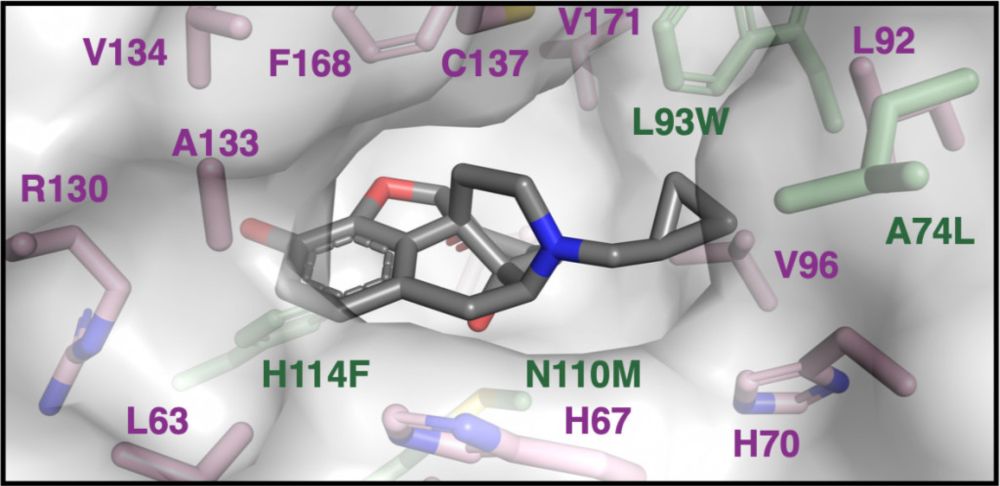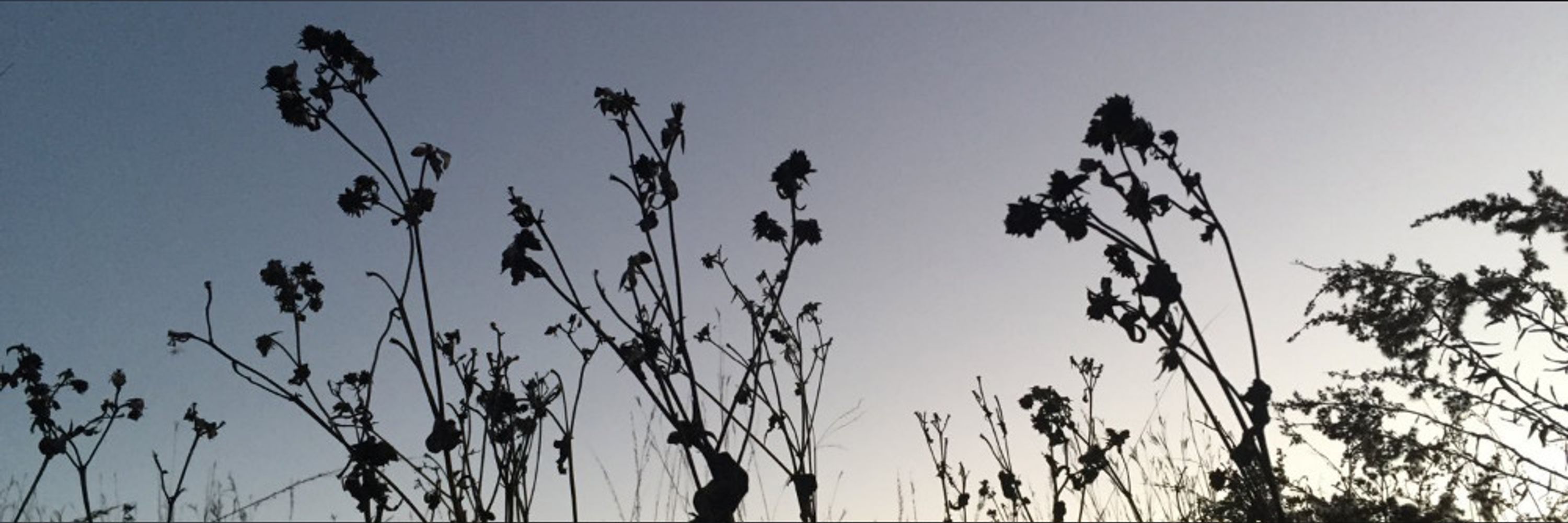
Resurrecting Ancient Enzymes in NASA’s Search for Life Beyond Earth
www.nasa.gov
Paper link: www.nature.com/articles/s41... #astrobiology @uwmadscience.bsky.social

Resurrecting Ancient Enzymes in NASA’s Search for Life Beyond Earth
www.nasa.gov
Paper link: www.nature.com/articles/s41... #astrobiology @uwmadscience.bsky.social

news.wisc.edu/uw-researche...

news.wisc.edu/uw-researche...

Congratulations and On, Wisconsin!

Congratulations and On, Wisconsin!

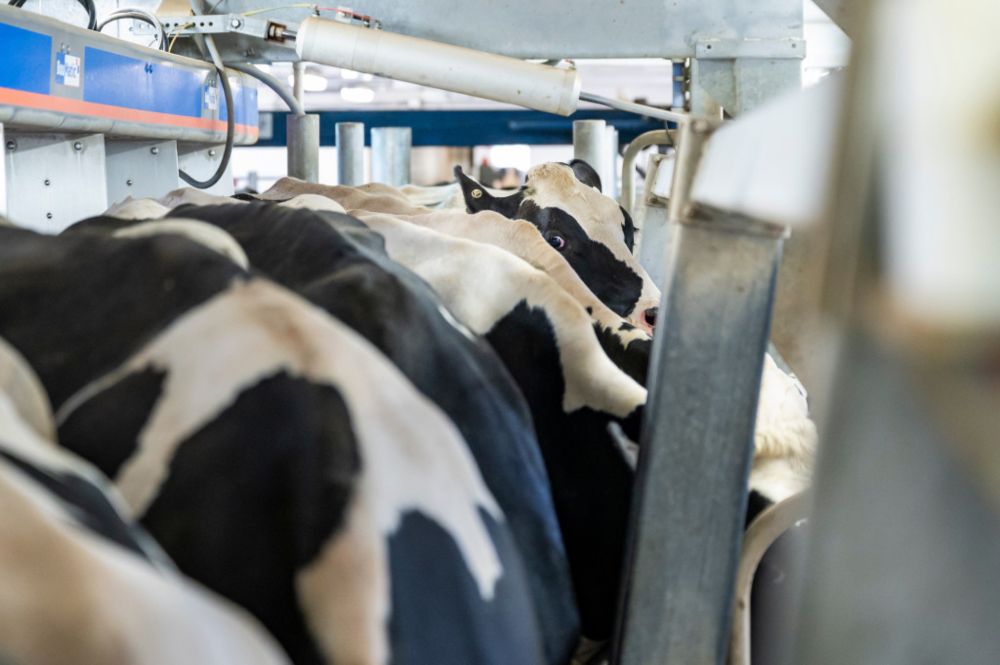
Here's to a century of impact and the future ahead!
#WARF100
https://grow.cals.wisc.edu/departments/features/a-century-of-research-partnerships
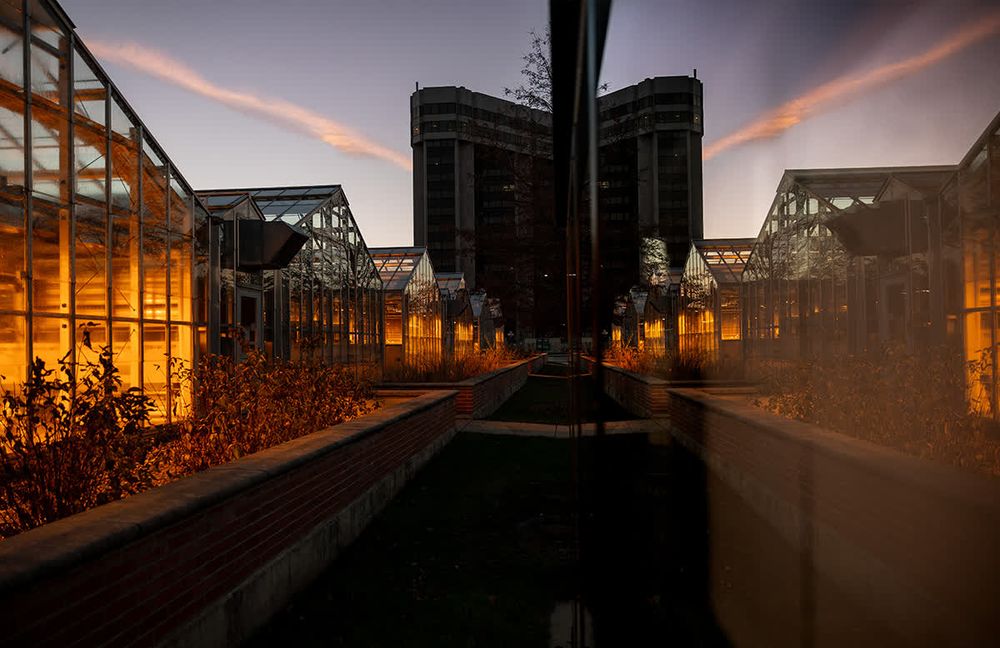
Here's to a century of impact and the future ahead!
#WARF100
https://grow.cals.wisc.edu/departments/features/a-century-of-research-partnerships
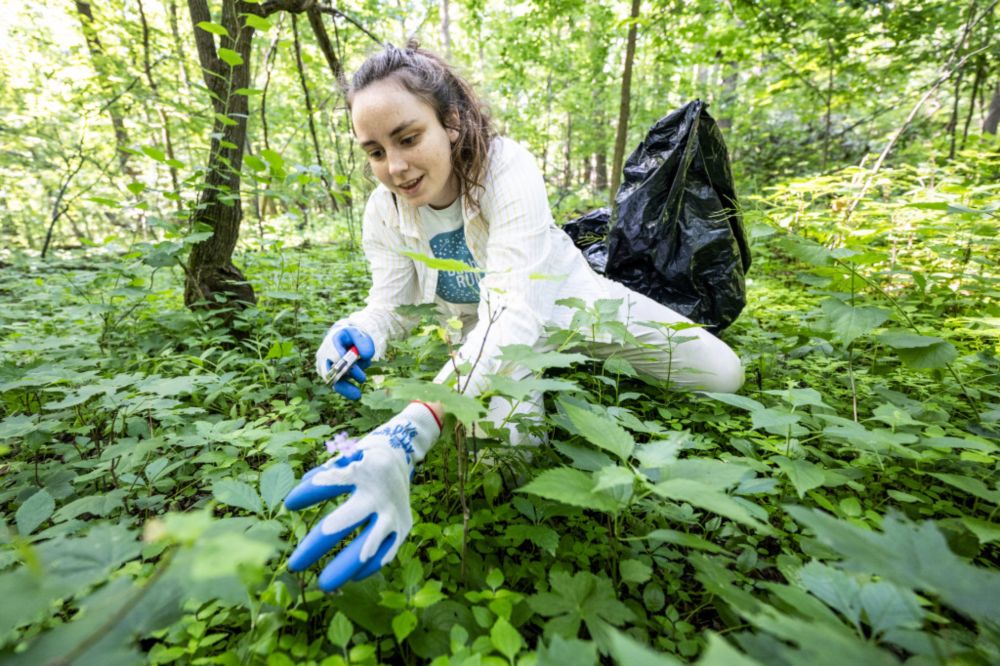
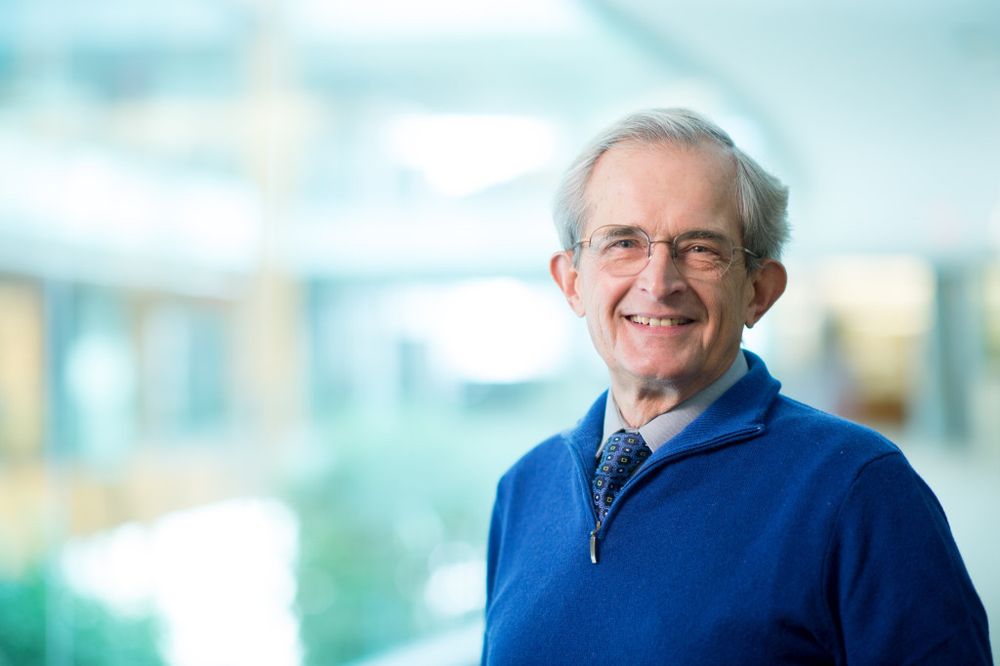

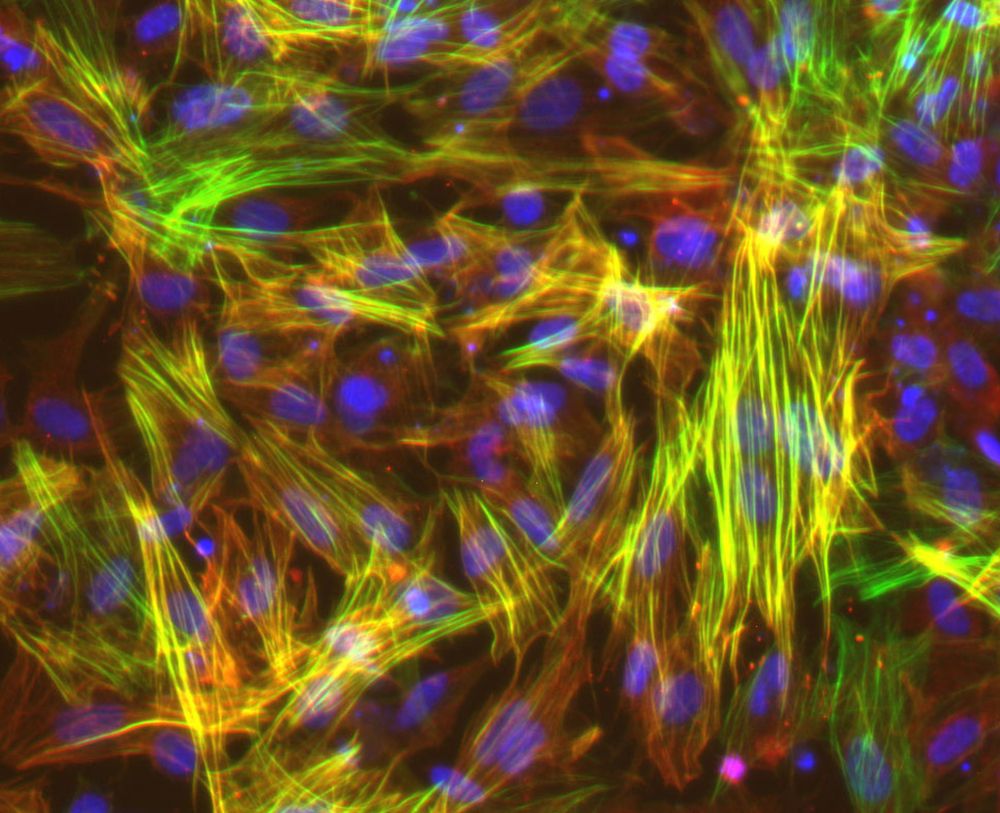
"I will never forget that: I can hold a pen. And I can write. So, now, what do you do with it? What is the biggest question you can ask? What is the most important thing you can do with you life?"
Hear the story of this pioneer in molecular paleobiology in Ep. 3 of “The Leap,” with @hypothesisfund.bsky.social.
pod.link/73329284/epi...

"I will never forget that: I can hold a pen. And I can write. So, now, what do you do with it? What is the biggest question you can ask? What is the most important thing you can do with you life?"
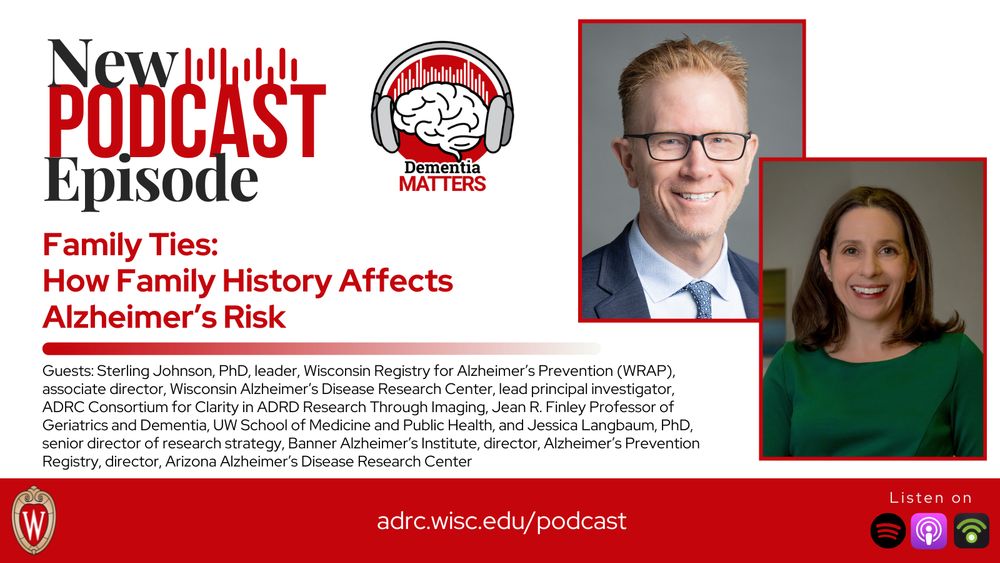
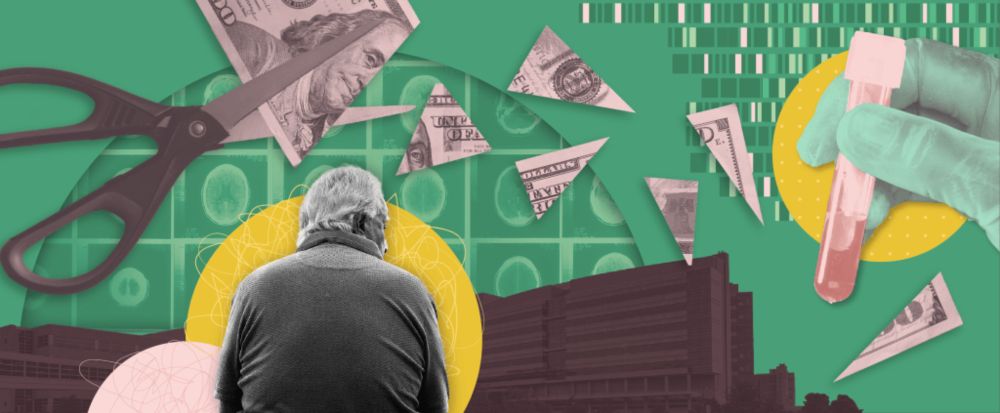
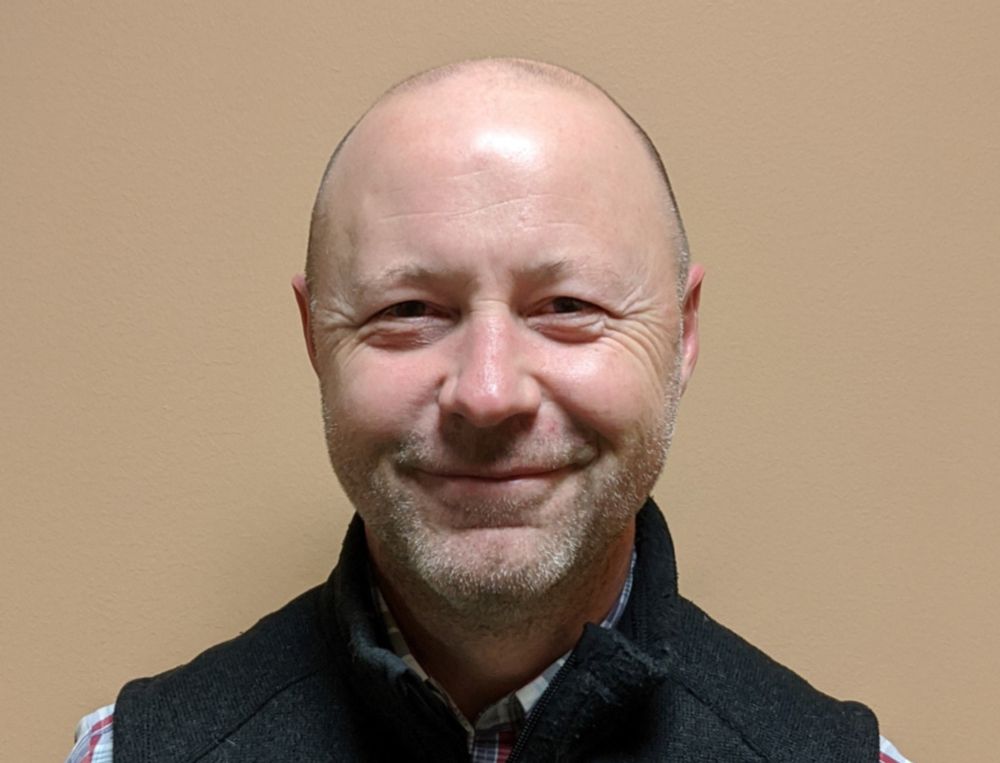
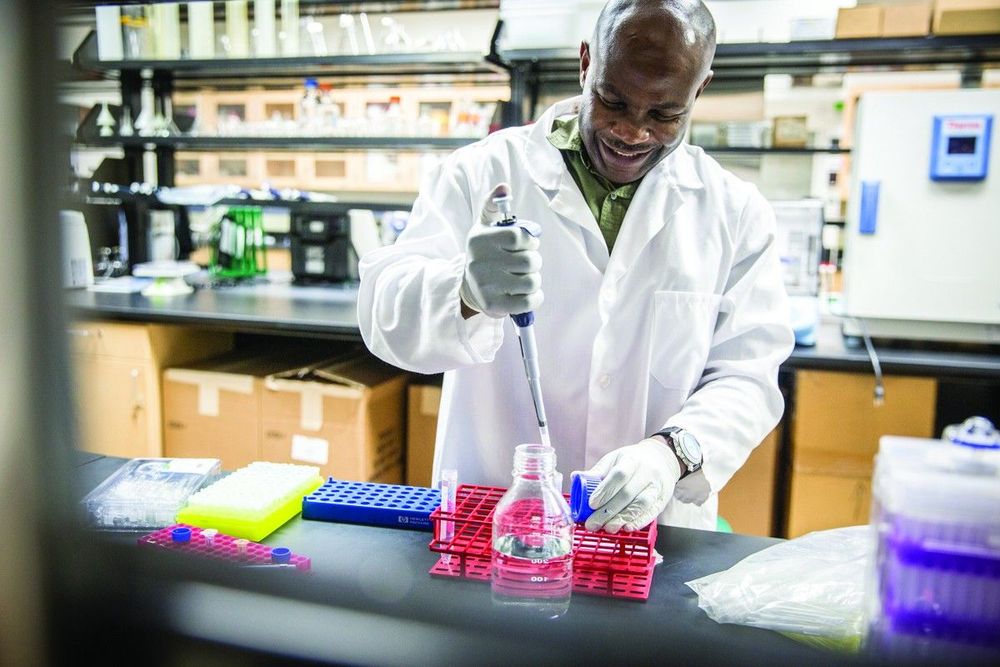


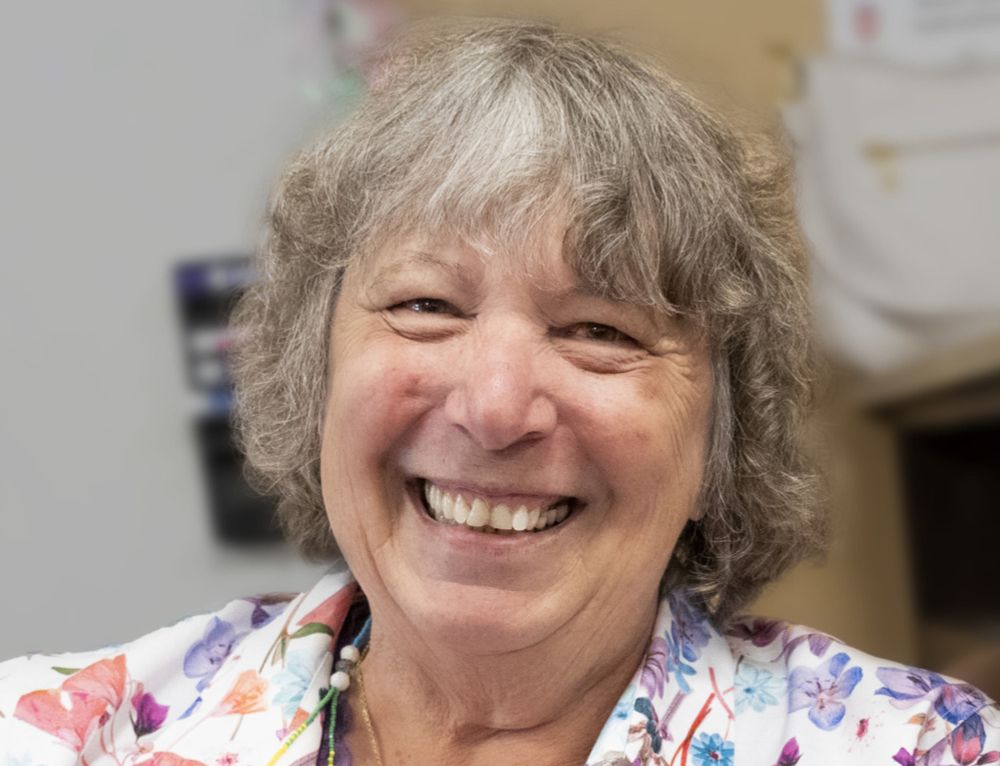
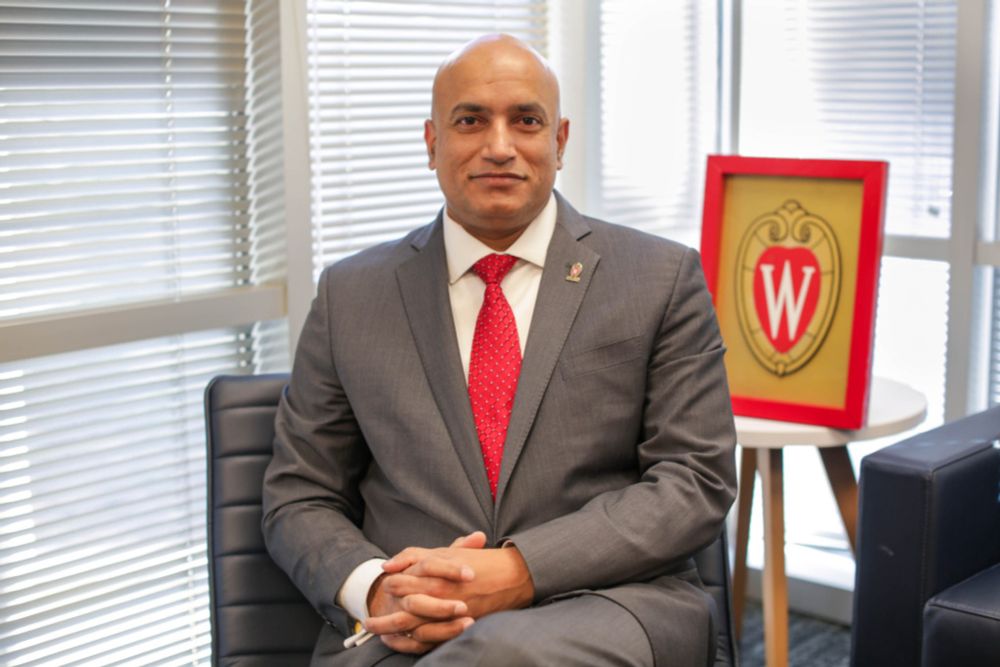

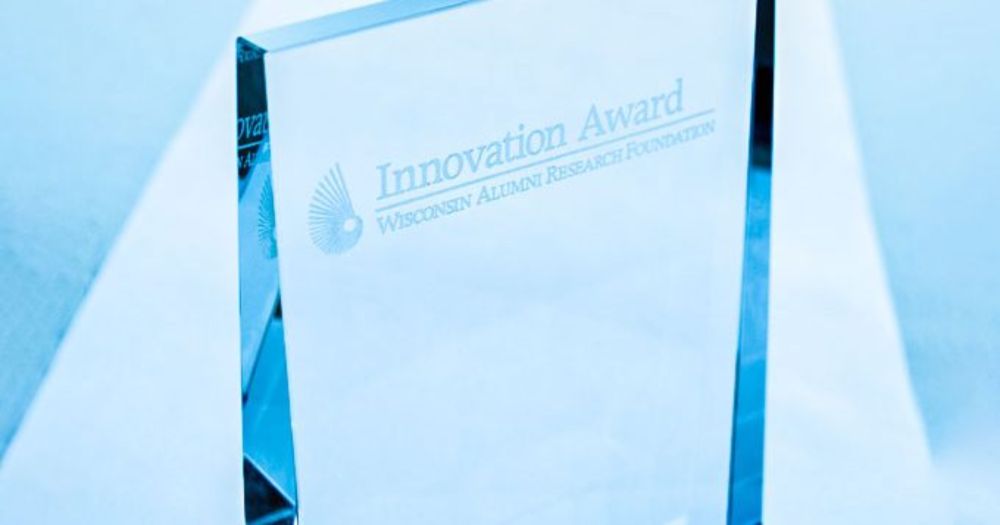
news.wisc.edu/uw-madison-6...
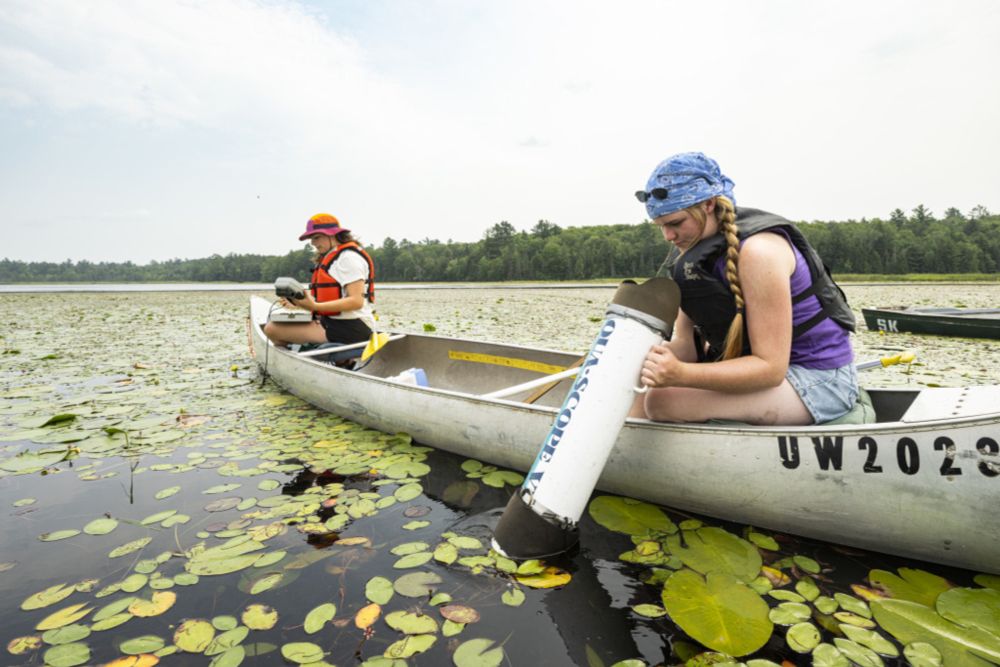
news.wisc.edu/uw-madison-6...
